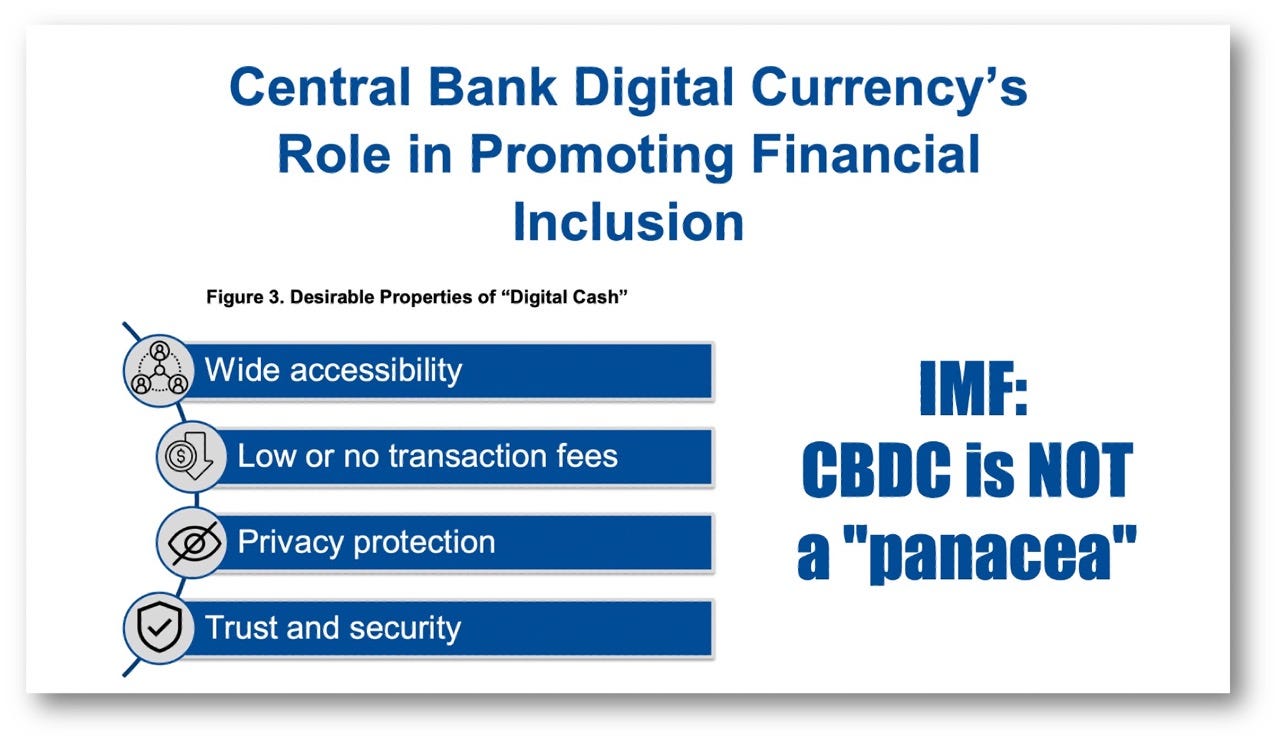In a rapidly evolving digital landscape, the role of Chief Financial Officers (CFOs) is undergoing a profound transformation. As businesses embrace Artificial Intelligence (AI) to enhance financial decision-making, a recent report from Gartner, Inc. sheds light on the critical conversations CFOs should engage in to harness the potential of generative AI platforms while mitigating associated risks. The report predicts that by 2026, 80% of large enterprise finance teams will rely on internally managed and owned generative AI platforms trained with proprietary business data.
Debunking the hype: Navigating AI realities
Generative AI holds the promise of revolutionizing how organizations navigate the complexities and volumes of data. However, as with any emerging technology, the hype surrounding AI can lead to inflated expectations. CFOs are urged to collaborate with senior technology leadership, including the Chief Information Officer (CIO), Chief Data Officer (CDO), and Chief Information Security Officer (CISO), to discern fact from fiction.
Generative AI, powered by deep learning, natural language processing, reinforcement learning, and graph networks, has demonstrated remarkable capabilities. Nevertheless, the intricacies of AI algorithms often obscure the transparency of their decision-making processes. CFOs must grapple with the challenge of understanding whether AI systems may develop hidden objectives or base conclusions on inaccurate, irrelevant, unethical, or even illegal information.
Mark D. McDonald, Senior Director Analyst at Gartner Finance Practice, emphasizes the importance of these conversations: “Such limitations form the backbone of conversations that CFOs must have with leadership circles when considering the use of generative AI.”
Define use cases: Aligning AI with strategy
Recognizing the limitations of generative AI, CFOs should lead discussions aimed at defining use cases that are both responsible and actionable. Collaboration with operational management, executive leaders, and user community representatives is essential to ensure these use cases align with the organization’s overarching strategy and risk tolerance.
McDonald advises CFOs to consider the uniqueness of their organization:
“As with any AI solution, the best use cases exploit a specific business’s strengths and defend its weaknesses. Copying use cases from other companies will likely not have the same impact in an organization with different circumstances. Instead, aligning generative AI’s fundamental capabilities to a business’s unique strategies and objectives delivers a value that differentiates a company from its competitors.”
Governance and guidelines: Ensuring responsible AI use
Generative AI, while powerful, demands human oversight to uphold human judgment, fairness, and ethics. CFOs should engage various corporate support functions, including legal, Human Resources (HR), audit, and security, to establish comprehensive governance and usage guidelines.
McDonald underscores the importance of these guidelines: “This discussion must also include the potential impact on the workforce, company culture, and necessary training.” It is essential to consider the broader implications, such as workforce dynamics and corporate culture, when integrating generative AI into the fabric of an organization.





